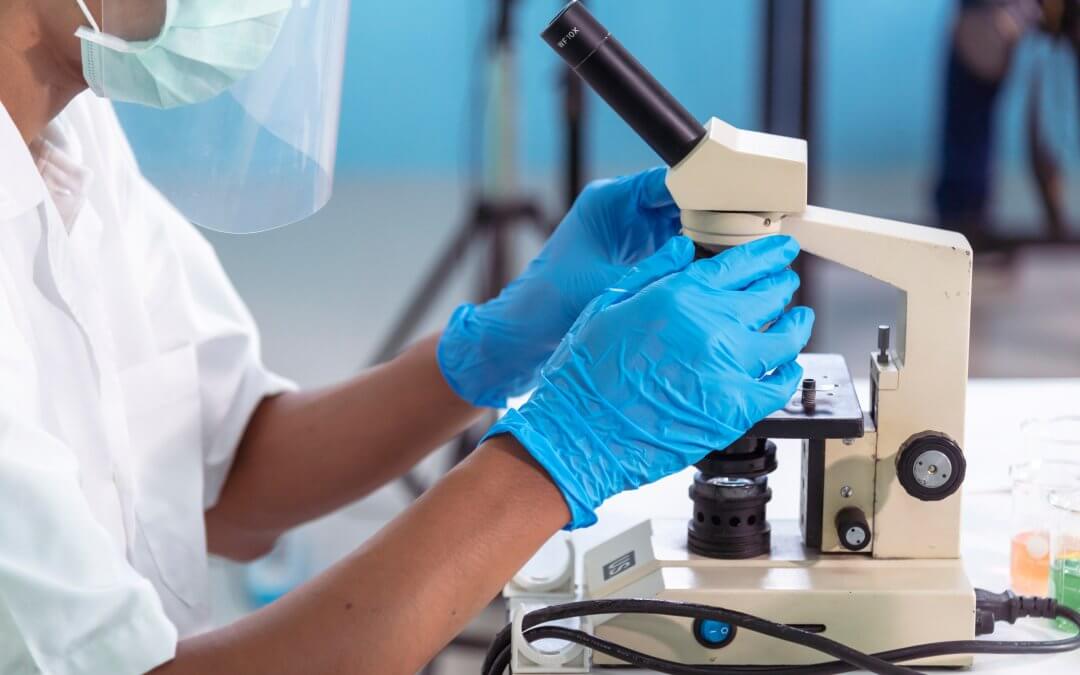The first phase of a clinical trial hoping to treat Multiple sclerosis (MS) with stem cells has yielded promising results.
The early-stage trial was conducted by researchers at the University of Cambridge, along with scientists from the University of Milan Bicocca and La Casa Sollievo della Sofferenza hospital in Italy. [1]
The trial involved injecting stem cells into the brains of 15 MS patients in an attempt to halt the spread of the disease.
Researchers found that the potential treatment was both well tolerated by the patients and that it protected the brain from further damage.
What is Multiple sclerosis?
Multiple sclerosis is a chronic neuroinflammatory condition, meaning that it mistakenly attacks healthy parts of the body as a result of problems with the immune system.
MS predominantly affects the brain and spinal cord and can cause a wide range of symptoms, including problems with mobility, vision, sensation and balance. [2]
The condition currently affects more than 130,000 people living in the UK and more than 2 million people worldwide. Almost 7,000 people are diagnosed with MS each year in the UK. [3]
How does the treatment work?
In the early-phase trial, the results of which were published in the journal Cell Stem Cell, researchers injected between 5 million and 24 million neural stem cells (NSCs) into the brains of 15 patients with secondary progressive MS.
Because one of the core drivers of MS proliferation is the inflammation of myeloid cells – cells that make up the first defence of the immune system – the NSCs are designed to reduce inflammation, rather than rebuild tissue as in the majority of stem cell treatments.
In reducing the inflammation of the myeloid cells, the NSCs have the potential to slow and perhaps even prevent any further progression in the severity of the patients’ conditions.
What were the results?
There were no deaths or adverse effects reported in the patients. Although one patient did experience a steroid-induced psychosis one month after treatment, they made a full recovery.
Overall, the treatment was deemed to be both safe and well-tolerated by the patients, although the scientists involved admit that results were limited due to the small size of the study.
They hope further, larger-scale trials will follow so that they can determine whether this treatment truly has the capability to alter the course of the progression of MS.
For more information about how you can give your baby access to the future of medicine by storing their stem cells, request your FREE Welcome Pack now!
Sign up by using the form below.
Sources
FIND OUT MORE, REQUEST YOUR WELCOME PACK TODAY
All you need to know to make an informed decision.
Provide your contact details to request:
– Complete Welcome Pack and Parent’s Guide
– Information via email
– Contact from our specialist advisors








